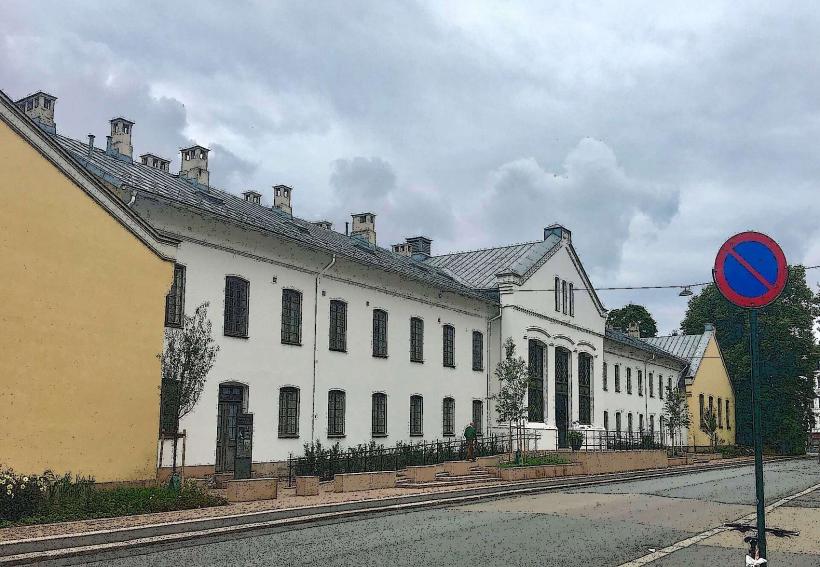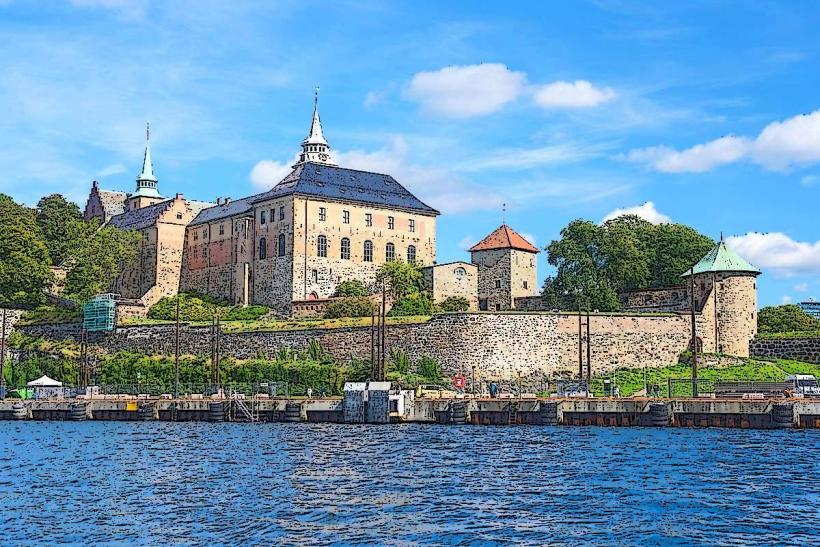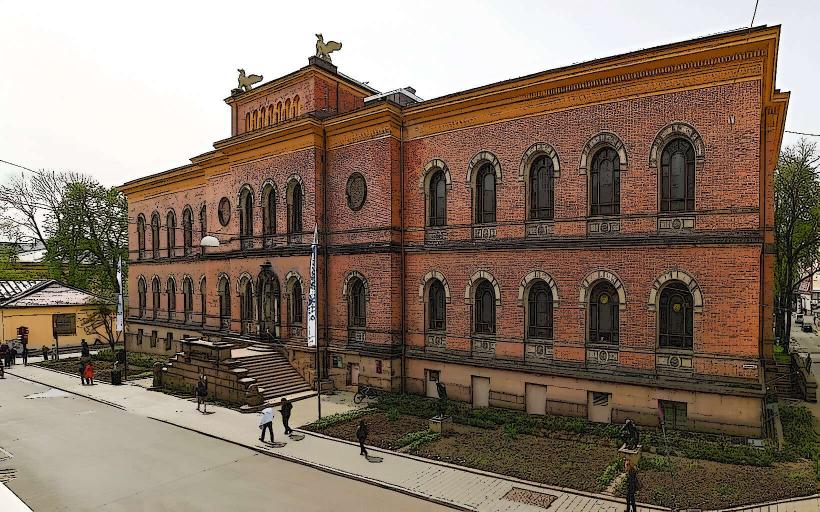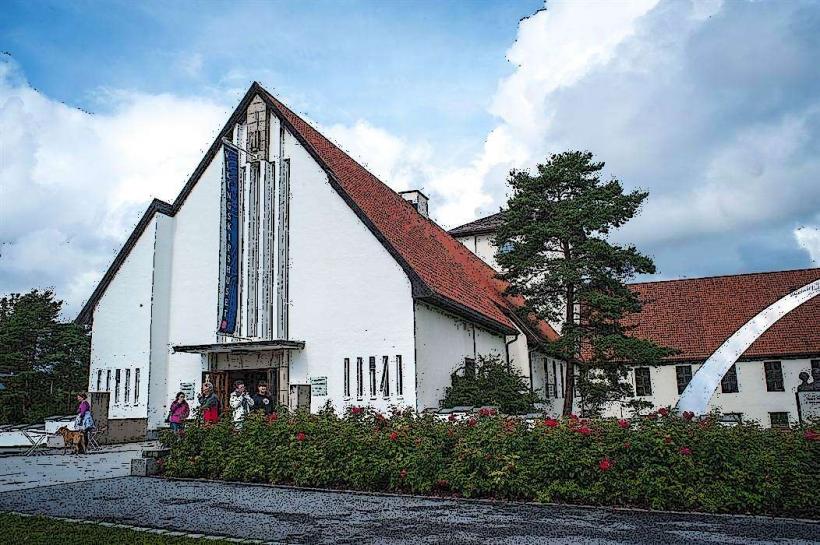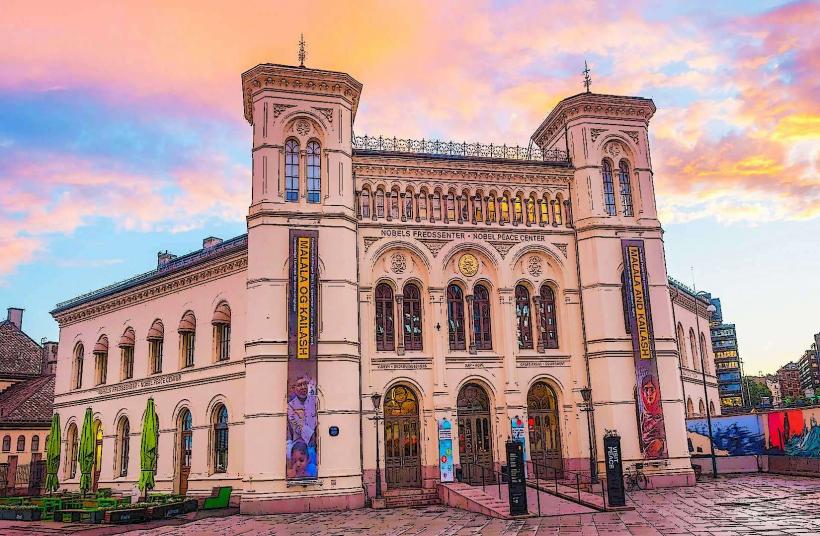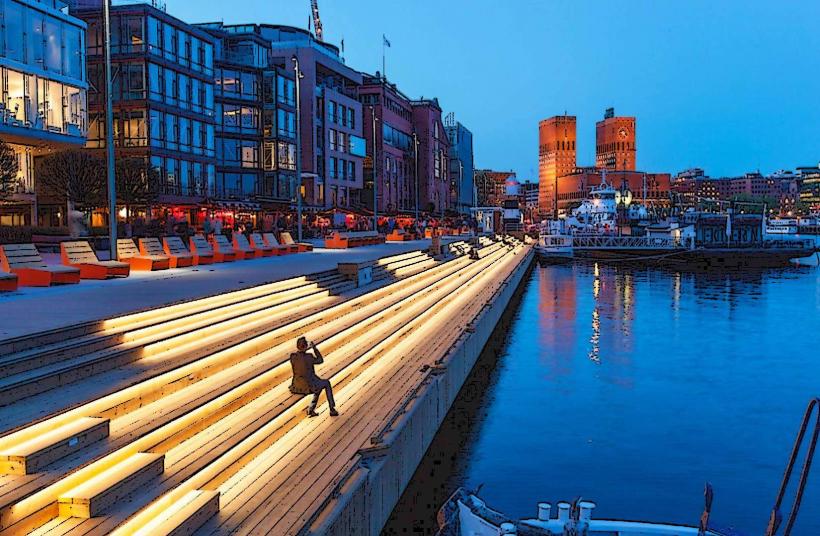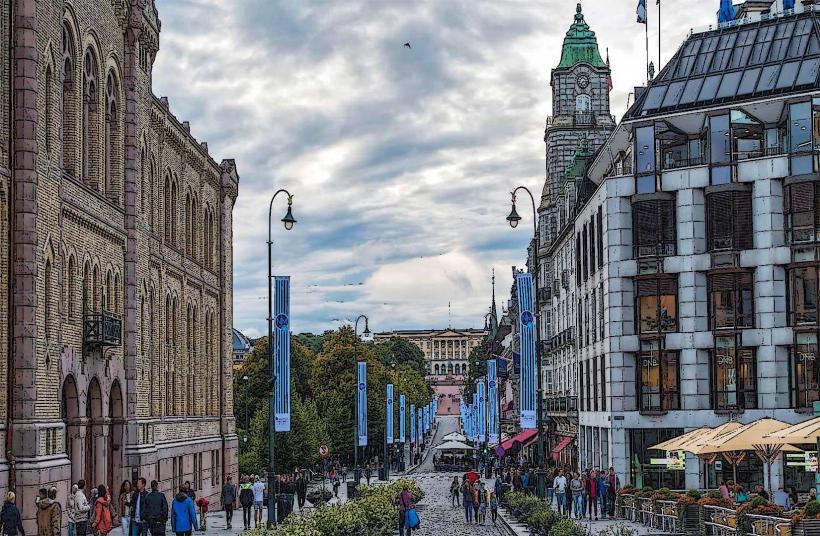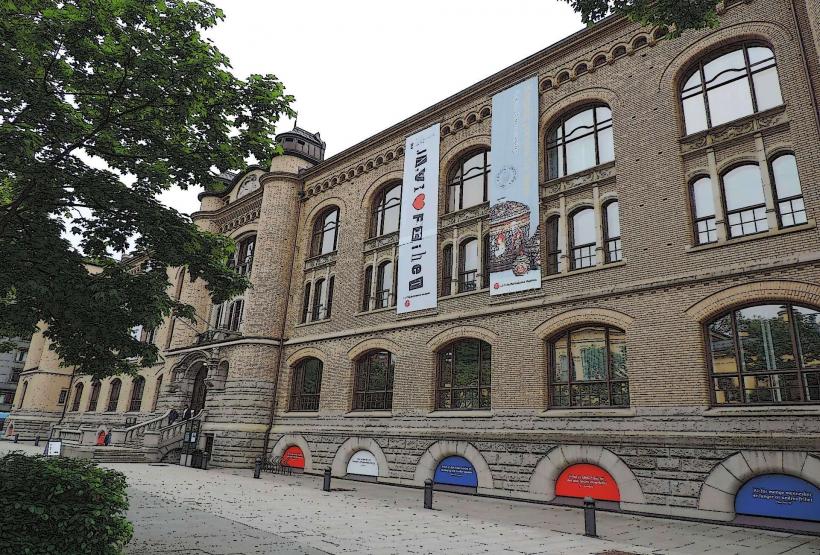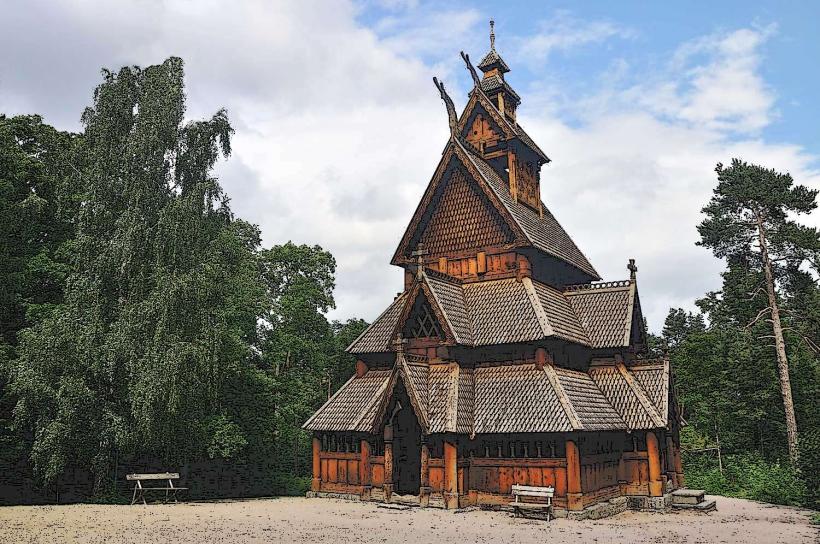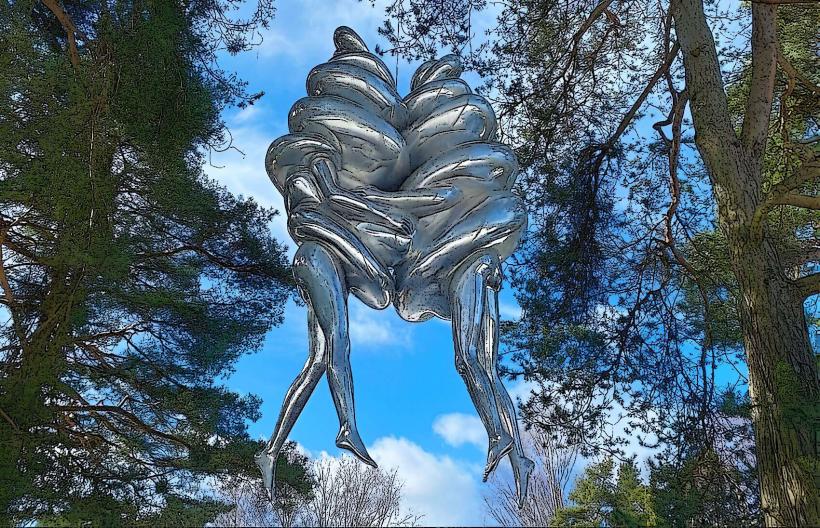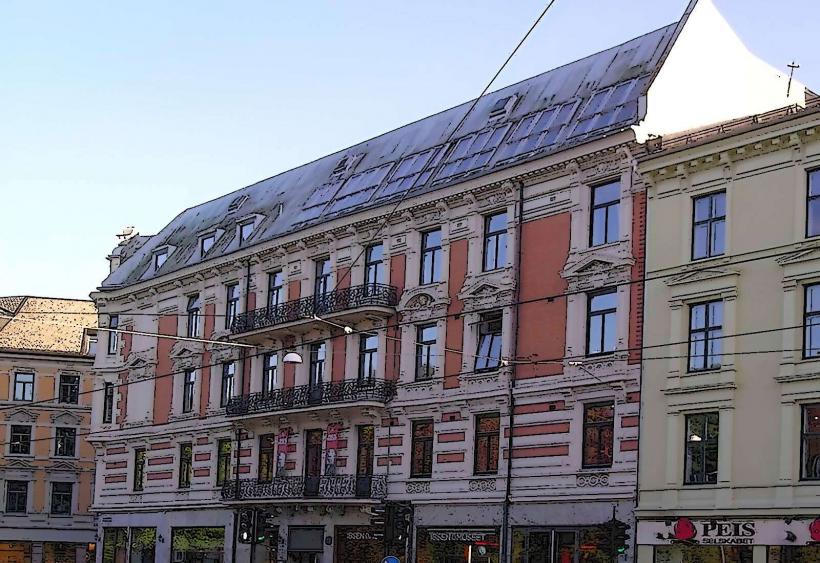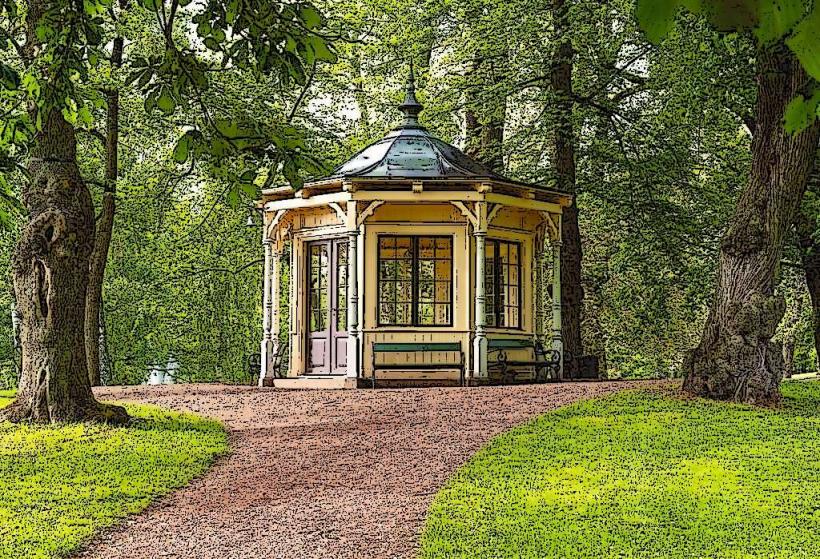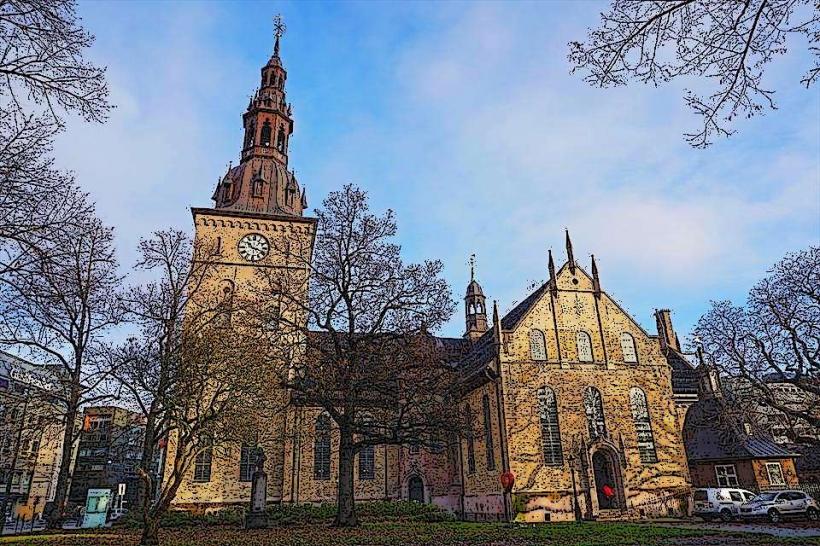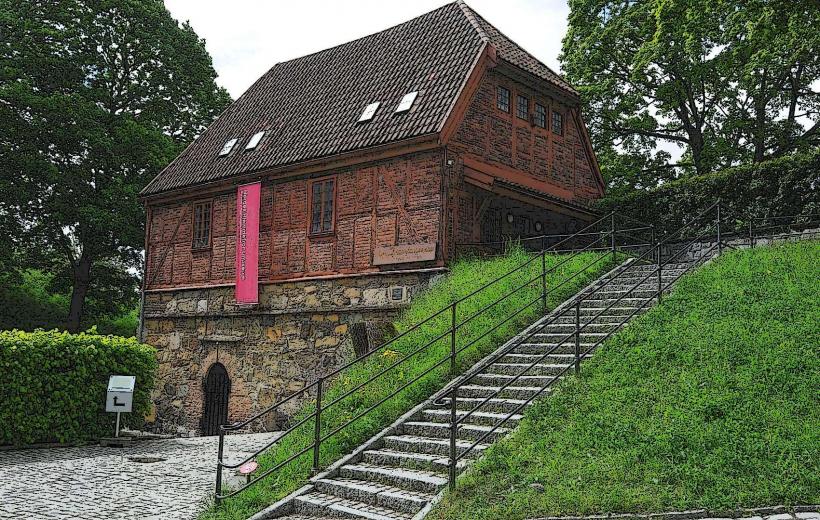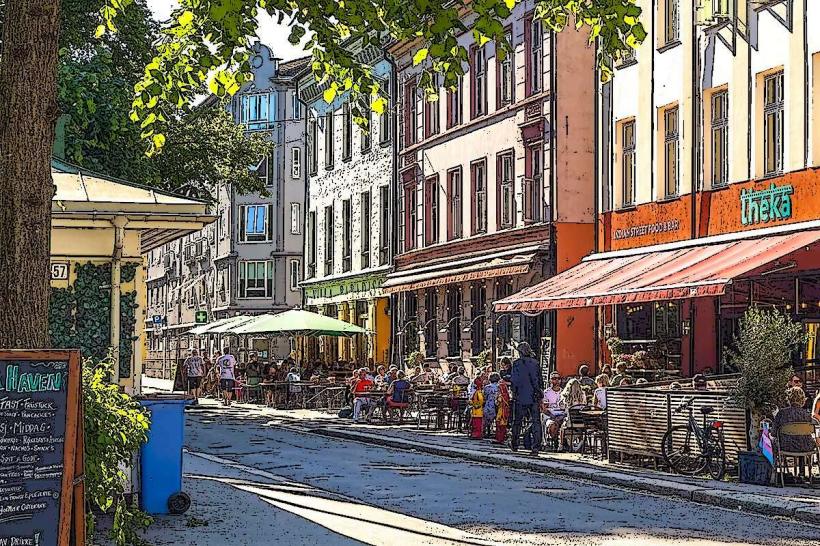Information
Landmark: Oslo Botanical GardenCity: Oslo
Country: Norway
Continent: Europe
Oslo Botanical Garden, Oslo, Norway, Europe
The Oslo Botanical Garden is a scientific collection of plants and a public green space located in the Tøyen district of Oslo, Norway. It functions as part of the Natural History Museum at the University of Oslo.
Visual Characteristics
The garden encompasses 15 hectares, featuring diverse plant collections arranged in themed sections. Key structures include the Palm House and Victoria House, both historic glass and steel greenhouses. Paths are gravel or paved, winding through areas like the Systematic Garden, Arboretum, Rock Garden, and Scent Garden. Vegetation density varies from open lawns to dense tree groves and specialized flower beds. Sculptures and water features are integrated into the landscape design.
Location & Access Logistics
The garden is situated in Tøyen, approximately 2.5 kilometers east of Oslo city center. Access is primarily via public transport. The Tøyen T-bane (subway) station is 0.5 kilometers west, served by lines 1, 2, 3, 4, and 5. Bus lines 20 and 31 have stops adjacent to the garden entrance. Limited paid street parking is available on surrounding streets, such as Monrads gate and Sars' gate.
Historical & Ecological Origin
The Oslo Botanical Garden was established in 1814, concurrent with the founding of the Royal Frederick University (now the University of Oslo). Its original purpose was for botanical research, plant conservation, and public education. The garden's design and plant collections have evolved over two centuries, reflecting advancements in botany and horticulture.
Key Highlights & Activities
Visitors can explore the Systematic Garden, which displays plants according to their botanical relationships. The Arboretum features a collection of trees and shrubs. The Rock Garden showcases alpine and mountain plants. Entry into the Palm House and Victoria House greenhouses allows observation of tropical and exotic flora. Seasonal guided tours are offered on specific dates.
Infrastructure & Amenities
Public restrooms are available near the main entrance and within the garden grounds. Shade is provided by mature trees throughout many sections of the garden. Cell phone signal (4G/5G) is consistently available across the site. A café, Handwerk Botaniske, operates within the garden, offering food and beverages. Benches are distributed along paths for resting.
Best Time to Visit
The period from late May to early September offers the most extensive floral displays, with peak bloom occurring in June and July. The greenhouses are accessible year-round, providing a climate-controlled experience regardless of external weather. Morning hours, particularly before 11:00, provide optimal soft light for photography and fewer visitors.
Facts & Legends
The Oslo Botanical Garden maintains Norway's largest collection of living plants, comprising over 5,500 species. It serves as a critical resource for scientific research, including studies on plant adaptation and biodiversity conservation. A specific tip for visitors is to locate the Scent Garden, designed for sensory experience, particularly beneficial for visually impaired guests.
Nearby Landmarks
- Natural History Museum: 0.1km West
- Tøyenbadet: 0.5km East
- Sofienberg Park: 0.7km West
- Kampen Church: 1.0km Southeast
- Grønland (district): 1.5km Southwest

